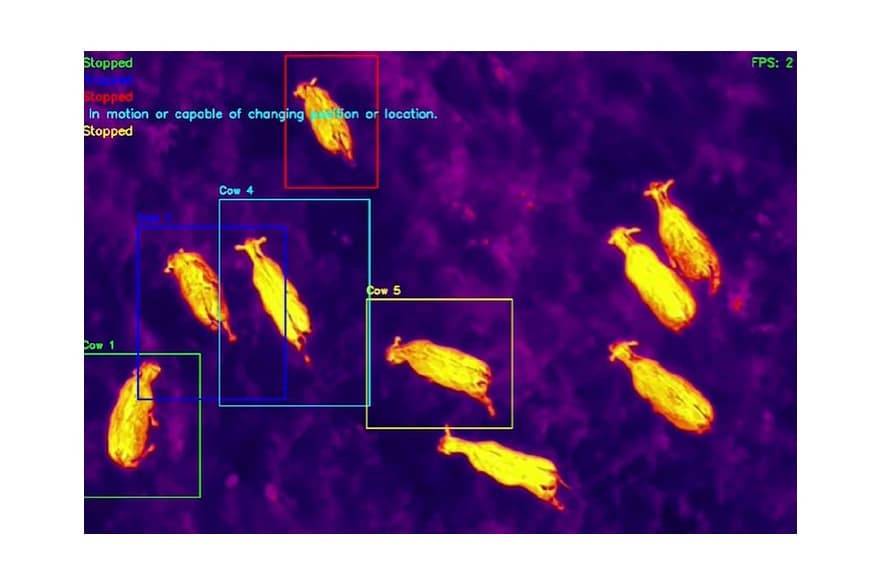
A revolutionary new project, BeefTwin, aims to transform UK beef farming by harnessing the power of Artificial Intelligence (AI) and data-driven technologies. The £1.2 million initiative, funded by UK Research and Innovation (UKRI), seeks to tackle critical challenges facing the industry, including greenhouse gas emissions, profitability, and animal welfare.
Led by Professor Xiao Ma, Director of the Centre for Business and Industry Transformation (CBIT) at Nottingham Business School, the project brings together a multidisciplinary team of experts from Nottingham Trent University, the University of Nottingham, Royal Holloway University, the University of Sheffield, and the University of Lincoln.
Addressing Urgent Challenges
Beef farming is a major contributor to global greenhouse gas emissions, with annual emissions exceeding four billion metric tons (FAO, 2023). UK farms additionally face issues like inconsistent beef quality, lack of precision farming practices, and low profitability.
Traditional grazing methods often hinder the collection of real-time data on animal health, feed conversion, and environmental impact. BeefTwin seeks to overcome these obstacles through a unique approach.
Digital Twins for Optimized Farming
The project will develop an AI-powered “Digital Twin” for each cow, creating a virtual representation of the farm system. This system will utilize real-time data, simulations, machine learning, and real-time emission tracking to optimize farming practices.
Experts from various disciplines will contribute their expertise:
Sustainable and Profitable Future for Beef Farming
The results of BeefTwin will lead to the development of new, data-driven farming practices, resulting in:
The project prioritizes collaboration, engaging farmers, policymakers, and industry experts to ensure practical and impactful solutions.
Director of CBIT and project lead, Professor Xiao Ma, said: “The beef industry in the UK, and Europe, is facing a number of challenges and competition from smart farming nations such as South America and Southeast Asia, where they have upskilled rural communities and seen their profitability increase.
“Due to yield-driven beef grading, the industry’s low margins, and value being extracted later in the food supply chain, for example by supermarkets and abattoirs, UK farms often rely on subsidies to survive, and authorities are required to finance the industry.
“We are seeing a worrying trend where industries are being outsourced to other countries, and if we don’t act quickly, we risk losing beef farming to the same fate. The UK needs to catch up and if we do it right then we can protect our small farm model and keep local people in their farms by improving the value chain and making farming self-sustainable.
“By fostering collaboration and innovation, BeefTwin aims to create a more environmentally friendly, economically viable, and socially responsible future for beef farming.”
BeefTwin seeks collaboration with farms across the UK for a two-year period. Those interested in participating can contact cbit@ntu.ac.uk.
Swanwick House, 22 Towcester Road, Old Stratford, Milton Keynes, MK19 6AQ, UK
© 2025 Project Management Global. All rights reserved | Privacy Policy